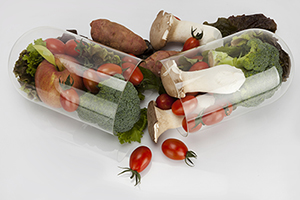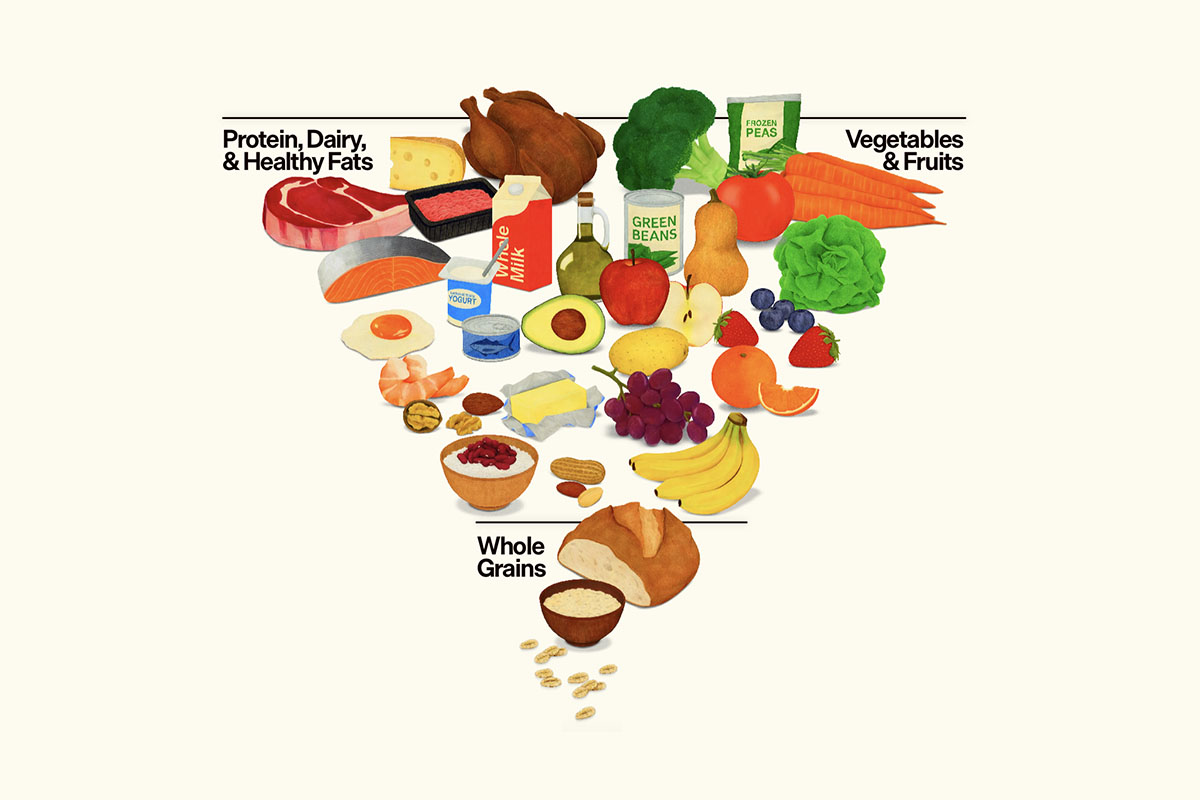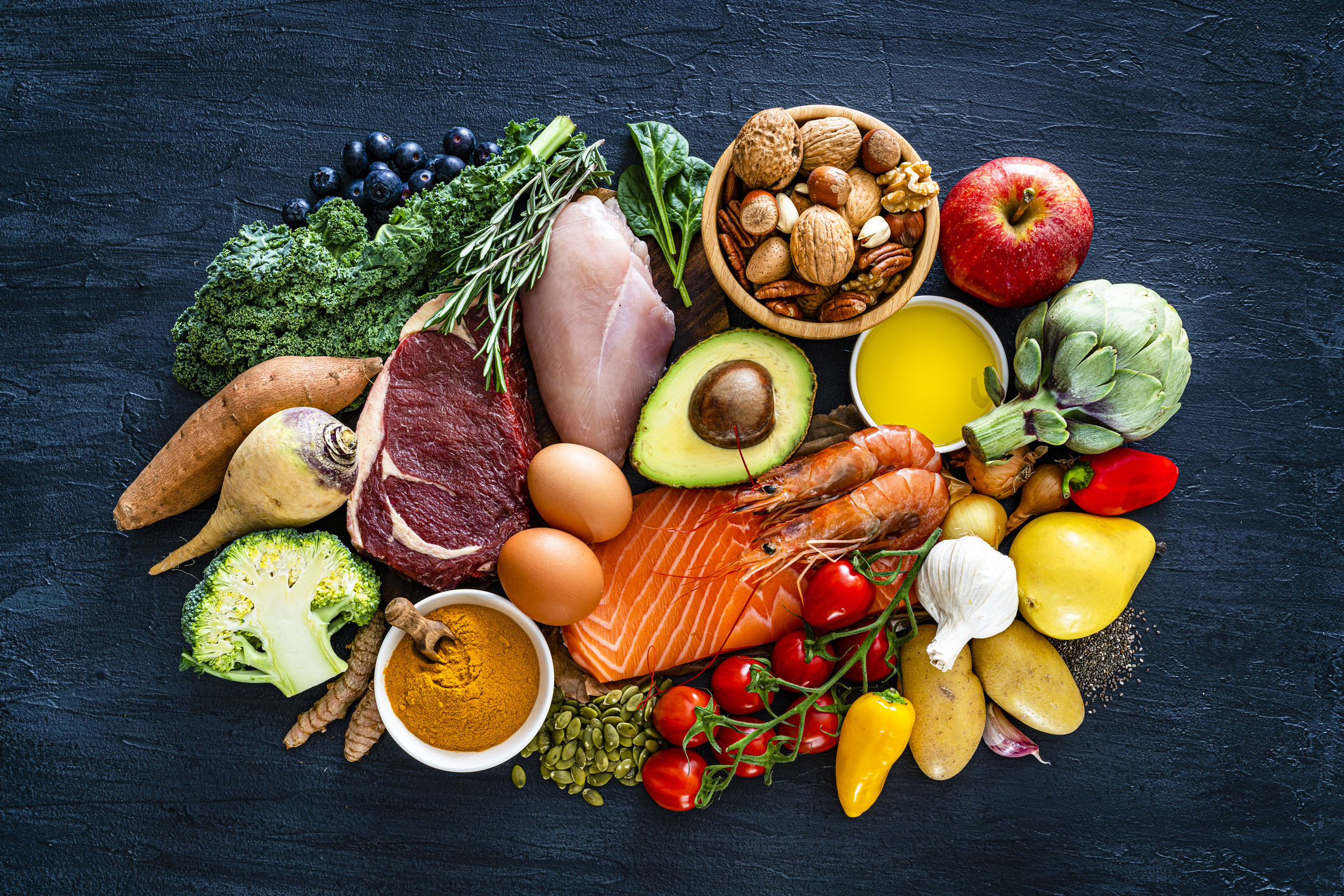It’s been a bad few years for veracity. Unfounded claims abound. Product pitches assault us with no tether to reality. Science is misappropriated for commercial and political gain.
Don’t get me wrong: I think there’s value in certain plant-derived nutrient supplements. Before it sounds like I’m dismissing an entire group of products, you should know that there are a few categories where these constituents of fresh produce can have benefits.
For instance, there are some phytonutrient concentrates with validated, standardized extracts of key plant constituents like resveratrol, EGCG, pomegranate proanthcyanidins, sulforaphane, fisetin, lutein, curcumin, quercetin, luteolin, lycopene, dietary nitrates, aged garlic extract and others. They are not merely ground up fruits and vegetables, but rather carefully distilled purifications of specific, well-studied plant compounds. They are quality-tested to guarantee delivery of precise amounts of each nutrient.
As usual with dubious marketing spiels, the “miracle” fruit and veggie pill promoters proceed from a kernel of truth. There really is a factual basis for concerns about fruit and vegetable consumption in the US. 87 percent of Americans don’t meet recommendations for fruit consumption, and 91 percent don’t meet recommendations for vegetable consumption.
Moreover, a 2014 study published in the Journal of Epidemiology and Public Health found that people who ate seven or more portions of fruit and vegetables a day had a 42% lower risk of death at any point in time than those who ate less than one portion. The more fruits and vegetables you eat, the more protection you’re afforded from disease and death—what’s referred to in medicine as a “dose-response effect”.
Compared to eating less than one portion of fruit and vegetables, the risk of death by any cause is reduced by 14% by eating one to three portions, 29% for three to five portions, 36% for five to seven portions and 42% for seven or more.
The illogical leap occurs when we falsely equate taking fruit and vegetable pills with eating actual fresh produce. They’re not the same.
Are you old enough to remember the mid-twentieth century infatuation with the idea of “food pills” for extended space voyages? It was a popular science fiction theme. Why bother with all the fuss of eating meals when science could provide you with all the nutrients you need in a concentrated pill?
The issue is tackled in a Discovery Magazine article entitled “The Enduring Appeal of a Meal in a Pill”.
The article states: “Food pills were heralded repeatedly and with certainty. So why don’t we have them? Because a meal in a pill is an impossibility.”
An American Journal of Clinical Nutrition review addresses this succinctly, insofar as the benefits of fruits and vegetables are concerned:
“The key question is whether a purified phytochemical has the same health benefit as does the whole food or mixture of foods in which the phytochemical is present . . . We propose that the additive and synergistic effects of phytochemicals in fruit and vegetables are responsible for their potent antioxidant and anticancer activities, and that the benefit of a diet rich in fruit and vegetables is attributed to the complex mixture of phytochemicals present in whole foods [emphasis added].”
Research indicates that the benefits of whole fruits and vegetables cannot be distilled down into a pill. Many of the health effects may be mediated by the impact of substantial portions of healthy fibers and associated phytochemicals on fostering a favorable intestinal microbiome, thus affecting metabolism, immunity, and even mood.
Marketers of fruit and vegetable pills invoke reassuring words like “purity”, “real food”, “nature”, “superfoods”, and “balance”. They decry the use of “synthetic” vitamins, although the ingredients of most supplements are indistinguishable from the “natural” nutrients found in fruits and vegetables.
They claim that their proprietary extraction methods—”flash-freezing” or “cold extraction”—maintain 95% of the nutritional potency of fresh fruits and vegetables, without adducing any proof of that assertion.
Unlike most supplements and foods, their labels usually do not indicate the specific amounts of vitamins and minerals they contain in relation to the RDA.
The marketers claim that a few pills yield the equivalent of “the real nutrition of over 10 servings of fruits and vegetables a day”. But how can that be, when hundreds of grams of fiber, polyphenols, live enzymes (which may not survive the dehydration process) and other crucial health-supporting substances are not present? Remember, each capsule is about 1 gram (1000 milligrams); a small 2 ounce serving of a fruit or vegetable is equivalent to 57 grams! Don’t tell me that 56 grams or so of that weight is simply worthless water to be extracted and discarded!
With the possible exception of just one company, the “evidence” they present for the effectiveness of their products is purely anecdotal, based on testimonials that are difficult to authenticate—and sometimes strain credulity. Fruits and vegetables are healthy, but by what means does their consumption result in rapid, dramatic reversal of weight gain, cancer, high cholesterol, infectious diseases, venous stasis ulcers, even brain lesions?
In science, double-blind placebo controlled trials are considered the “gold-standard” for proving efficacy. Testimonials are considered the most unreliable form of proof. No good researcher would base a conclusion on them.
To its credit, one company did undertake some small studies that demonstrate treatment effects of their supplements: Juice Plus. But in my opinion, their studies are of poor quality, at best are only single-blind, and were underwritten by the company that makes Juice Plus, which can be a potential source of bias. It may be that for some people who are sick or don’t eat many fruits and vegetables, taking a few dehydrated plant concentrates provides them with just enough basic nutrients to upgrade their health, lower their cholesterol a few points, or slightly shorten the duration of their colds, for example.
But nowhere is there evidence that such an effect could not be achieved with a basic multivitamin/mineral supplement. No studies have been performed that offer a head-to-head comparison of fruit and veggie supplements vs. conventional multis. Had they been done, it’s quite likely the multivitamins would have conferred similar or superior benefits—as they have already demonstrated in many properly conducted studies of multis vs. placebo.
Of additional concern is the exorbitant price of these fruit/veggie pills. When formulating vitamin supplements, there are real costs associated with the ingredients. For example, a kilo of vitamin C goes for about 6-10 dollars on the open wholesale market (up from 3-5 dollars just a few years ago). Admittedly, the markup is enormous when that raw material is formulated into a tablet or capsule or incorporated into a multi.
But with fruits and vegetables, especially in a proprietary blend whose constituents might vary accord to market prices, there’s no certainty as to the cost of the raw materials, which might be sourced from cheap produce deemed unacceptable for supermarket shelves. Imagine paying 90 dollars (“preferred customer” price) every month for your daily dose of a few capsules of powdered fruits and vegetables?
Worse yet is the false sense of security these pills impart to those who don’t eat their real fruits and vegetables!
So, what’s the answer? If you want to boost your health, take the time to eat the recommended 7-10 servings of fresh fruits and vegetables. Saving high double digits of dollars per month on pills should get you most of the way there, especially if you shop seasonally, or raise a few vegetables in a home garden.
If you want a short-cut, blend (not juice) whole fruits and vegetables into a delicious smoothie. Add whey, rice, pea or hemp powder for added protein, and some coconut oil, avocado, or flax oil for healthy fat.
Alternatively, take supplements with standardized amounts of recognized phytonutrients, or with documented attributes like raising nitric oxide. And steer clear of expensive pills that claim they’re all you need to take—to the exclusion of vitamins, minerals and other supplements—or that make outlandish claims of reversing serious diseases using dubious testimonials.








